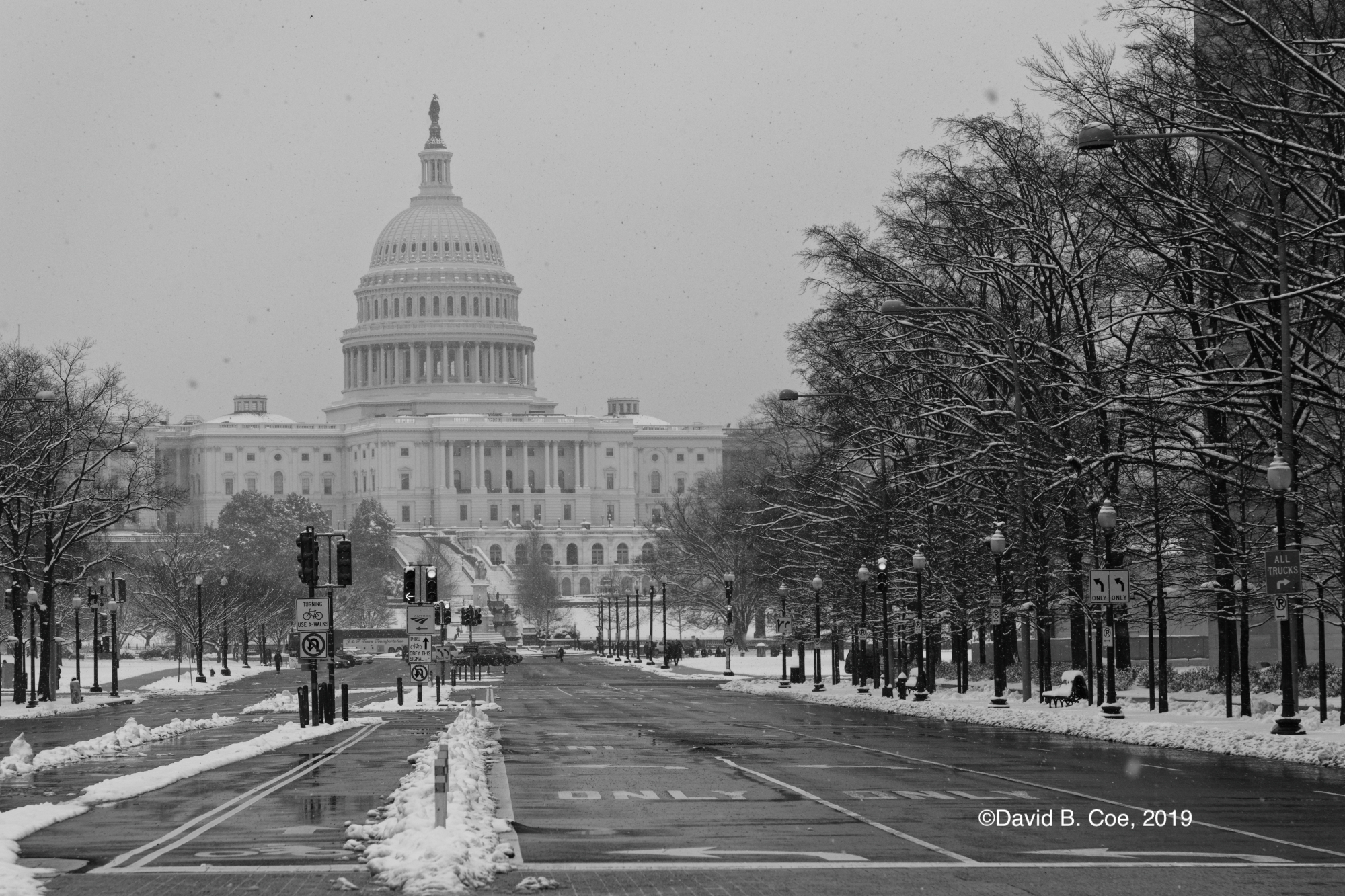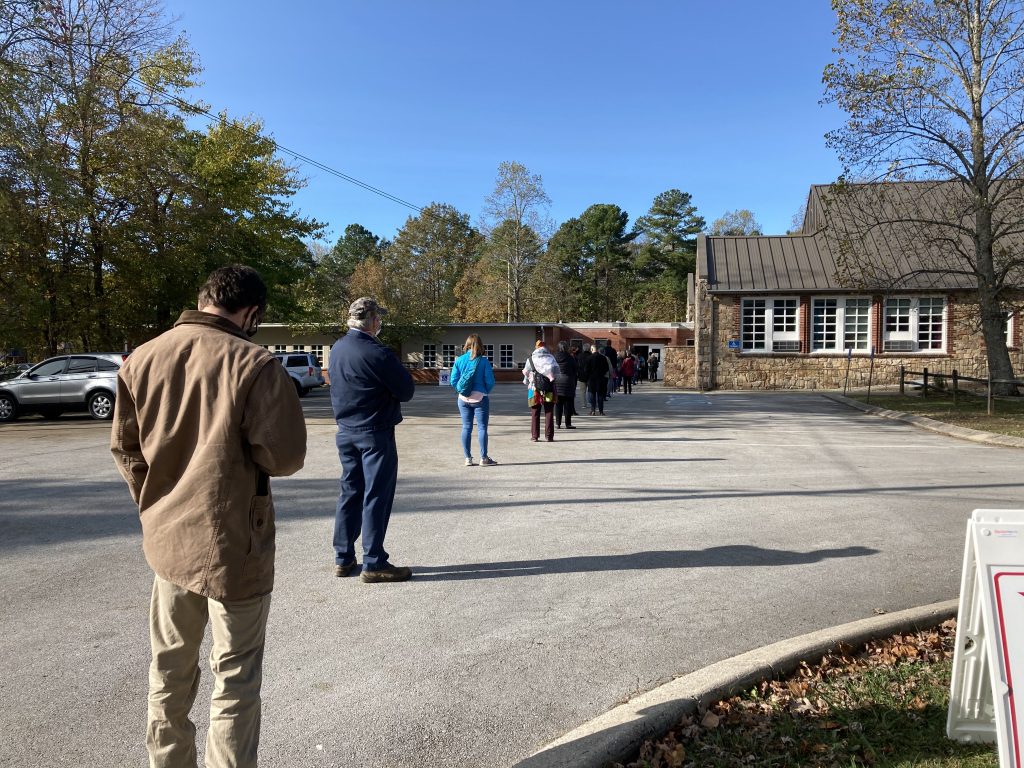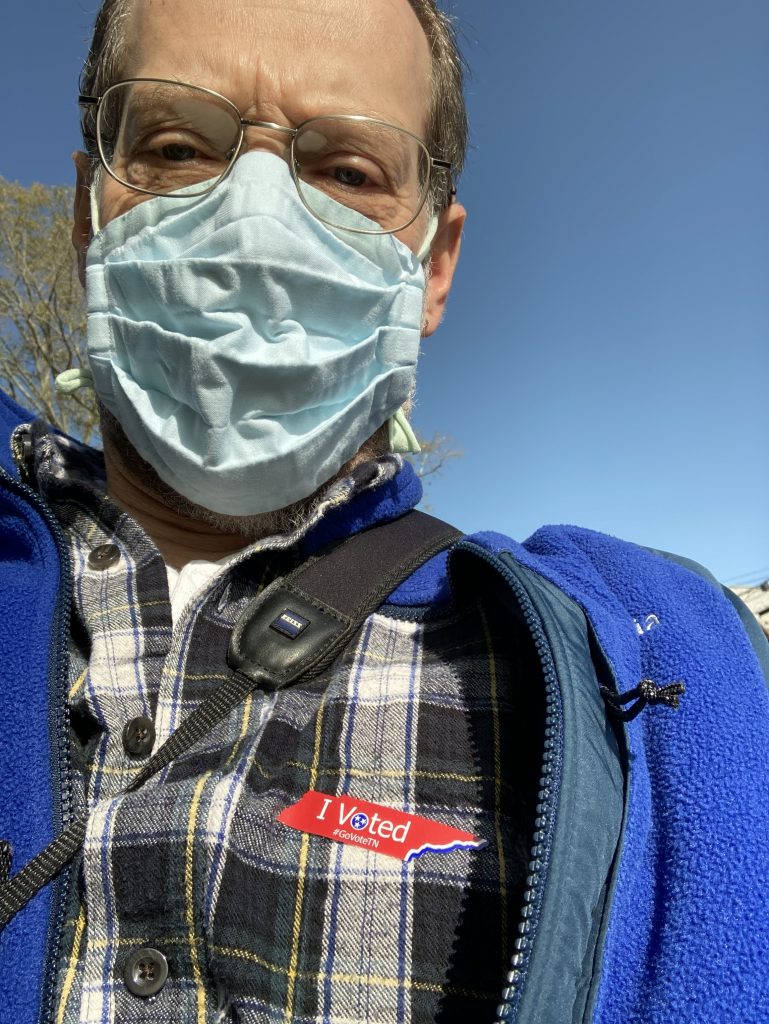“This is not who we are.”
Comforting words that have been trotted out repeatedly in the days since the Capitol Hill insurrection that left six dead and scores injured, and that shook to the core our faith in the strength of our republic.
We’ve heard politicians from both sides of the aisle say this, none with more conviction than Joe Biden. “This is not who we are. We’re Americans. We’re better than this.”
I’m paraphrasing — that’s not an exact quote. But it’s close enough.
The problem is, this is exactly who we are. It’s who we have been for two and a half centuries. We are a nation whose racism and blithe acceptance of White Supremacist doctrine is embedded in the original wording of our Constitution. According to that revered document, the version ratified in 1788, slavery was an accepted economic and political reality, black slaves counted as merely three-fifths of a human being, and unless you were a white man, you didn’t get to participate in our political process.
Subsequent amendments have remedied the worst offenses of the original, but it took a prolonged and bloody Civil War to make most of them possible, and another fifty years of agitation to win the vote for women.
Our politics have been riven by race, by anti-democratic tendencies, by a win-at-all-costs mentality for nearly the entire history of our nation. Andrew Jackson refused to enforce the Supreme Court’s 1832 Worcester v. Georgia ruling that ordered the state of Georgia to halt the removal of the Cherokee from the state. “[Chief Justice] John Marshall has made his decision,” Jackson said. “Now let him enforce it.”
In 1856, Representative Preston Brooks, a pro-slavery Democrat from South Carolina, walked into the Senate Chamber and assaulted Massachusetts Republican Charles Sumner, beating him bloody and senseless with a gold-tipped wooden cane. Sumner had “given offense” with a fiery speech condemning slavery.
Anti-communist crusades in the 20th century — in the 1920s, led by Attorney General A. Mitchell Palmer, and in the 1950s, led by Senator Joseph McCarthy of Wisconsin — saw frightening curtailments of civil liberties and shocking violence aimed at suspected socialists and communists. Palmerism and McCarthyism were built on lies and distortions that fed a frenzy of authoritarian rhetoric and policy, all in the name of protecting our democratic republic.
Police brutality directed at Blacks and the political Left is also nothing new. Images of police attacks on Blacks during the urban race riots of the 1910s and ‘20s, can be laid alongside footage of similar attacks on Civil Rights protesters in the 1950s and ‘60s. And these can be matched with video captures of the violence and cruelty we all witnessed during the summer of 2020, when Black Lives Matter activists were beaten and shot in the streets of America’s cities.
Of course this is who we are. It is who we have been from the start.
I don’t say this to feed complacency or to justify any recent events. I don’t say it because I hate America. I don’t say it even to reassure — “we’ve been through this before; we’ll get through it this time.”
I say it because the sooner we accept that what we’re witnessing now is nothing new, the sooner we can change “This is not who we are,” to “This is not who we ought to be.”
I have been horrified by the excesses of Trumpism (which will take its place alongside “Palmerism” and “McCarthyism” in the annals of history). I fear what might happen at Wednesday’s inauguration. And yet, I will admit that I do take some comfort in knowing that we have weathered crises of this kind before. On Friday, I heard an NPR interview with Stephanie Cutter, the producer of the 2021 inauguration. She was asked about the threats aimed at Wednesday’s festivities, and she made clear that while she is taking them seriously, she is not panicking. It seems there were equally credible threats aimed at Barack Obama’s 2009 inauguration — no surprise there. The threats were so serious, that Obama had prepared instructions for the huge crowd gathered on the Mall, telling them what to do in the event of a terrorist attack. Fortunately, he didn’t need them. But threats of this sort are nothing new.
So, yes, this is who we are. America is, and has always been, as flawed and conflicted as the people who populate her. Nor are we alone in this regard. History tells us that nations on every continent have been subject, at one time or another, to violent assaults on liberty, to authoritarianism, to political conflicts that result in bloodshed and threaten to tear the very fabric of civil society. The United States is hardly unique in this regard.
And perhaps that is the point. Americans have long touted our “exceptionalism.” Our system of government, which truly is unique in many regards, was supposed to protect us from the sort of raw, ugly violence we saw on January 6th. We were supposed to be immune.
But THAT is not who we are. This nation — of the people, by the people, for the people — is by definition doomed to be flawed. The American experiment is a human endeavor, and so is subject to all the foibles and problems of anything human. The sooner we accept this, the sooner we stop denying who and what we are, the sooner we can get to the crucial task of becoming who and what we aspire to be.











 Today’s Photo Friday images come from Election Day. Here in our little town, our orderly, socially-distanced voting line stretched out the entrance of our elementary school, through the parking lot, and down the sidewalk. It took me 45 minutes to vote. For Nancy, a bit later in the day, it was an hour. That may not sound like much to many of you, but in a town of about 3,000 people it is WAY more than I’ve ever had to wait in any other election. (I’ve been voting here since 1992.)
Today’s Photo Friday images come from Election Day. Here in our little town, our orderly, socially-distanced voting line stretched out the entrance of our elementary school, through the parking lot, and down the sidewalk. It took me 45 minutes to vote. For Nancy, a bit later in the day, it was an hour. That may not sound like much to many of you, but in a town of about 3,000 people it is WAY more than I’ve ever had to wait in any other election. (I’ve been voting here since 1992.)